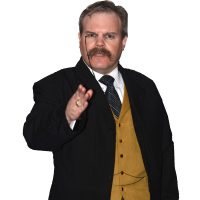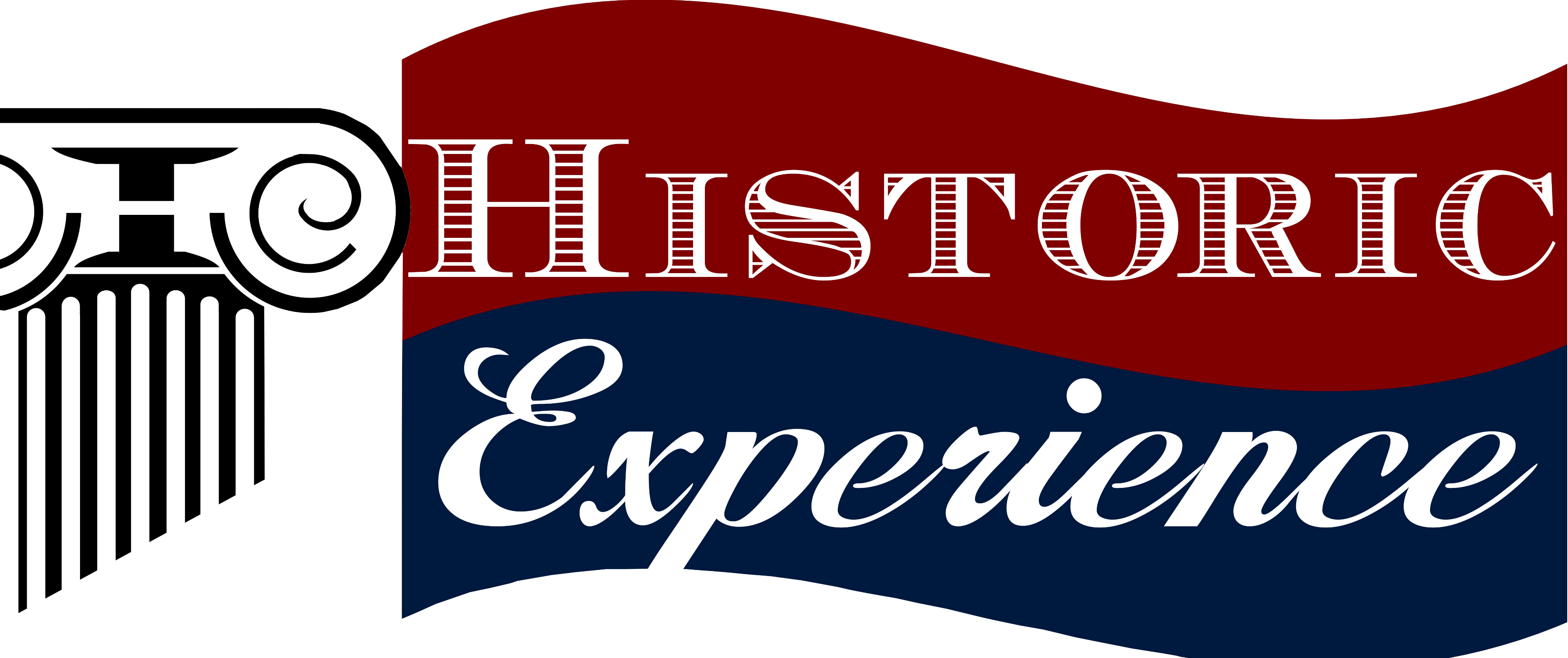January 22, 1909
Conservation Clarified
January 22, 1909:
Conservation Clarified
Conservation of America's natural resources required knowing what our resources were. And as Theodore Roosevelt's presidency was in the home stretch, he dropped some knowledge on the American people - with the National Conservation Commission.
Here's President Roosevelt with more:
"the first inventory of its natural resources"
America had expanded from sea to shining sea, and as the country sprouted larger towns, cities, and more "civilized" areas throughout, people wanted more. More buildings, more housing, more - things. And as long as people have wanted things, other people have been more than happy to sell things to them.
The trouble was that industries large and small seemed unaware - or unconcerned - about the finite nature of the building blocks for making those things. Mining, logging, damming - it was taking a toll on the pool of natural resources this country had to offer. And the further removed from the site of those resources, the less understanding TR felt that a person had of their actual impact. Roosevelt addressed this in a conference to the Governor's Conference on the Conservation of Natural Resources:
" at the same time that there comes that increase in what the average man demands from the resources, he is apt to grow to lose the sense of his dependence upon nature. He lives in big cities. He deals in industries that do not bring him in close touch with nature. He does not realize the demands he is making upon nature. For instance, he finds, as he has found before in many parts of this country, that it is cheaper to build his house of concrete than of wood, learning in this way only that he has allowed the woods to become exhausted. (May 13, 1908)
Making the people aware of the limitations of nature was vital to Roosevelt. He did not believe in stopping the use of such resources entirely. Rather he wished to practically measure how much was being used, so that which could repopulate would do so, and that which was limited would be controlled. In this way, TR was more of a conservationist than a preservationist.
The Conference of Governors came at a perfect time in our nation's history. There was a growing interest in protecting trees, which had helped TR to streamline and improve the nation's Forest Service. The growing concern branched into waterways, with the creation of the Inland Waterways Commission. With momentum on his side, President Roosevelt called for governors throughout the United States to attend the aforementioned conference.
As TR referenced in his Autobiography, "It is doubtful whether, except in time of war, any new idea of like importance has ever been presented to a Nation and accepted by it with such effectiveness and rapidity, as was the case with this Conservation movement when it was introduced to the American people by the Conference of Governors."
That conference led to 36 state conservation commissions, and then the national version. The goal was to essentially catalog the nation's resources, in categories of land, water, forests, and minerals. Within six months the report, all three volumes of it, was ready to send to the Congress.
Unfortunately, the Commission was not extended past its original incarnation, but it led to more awareness of saving America's natural resources. Along with creation of national forests, wildlife refuges, bird sanctuaries, national parks and monuments, it helped Theodore Roosevelt to keep this country's natural treasures around for you and me.
And even after his Presidency, Roosevelt was concerned - but still had hope:

THEODORE ROOSEVELT
Outlook, January 25, 1913.
Here in the United States we turn our rivers and streams into sewers and dumping-grounds, we pollute the air, we destroy forests, and exterminate fishes, birds and mammals—not to speak of vulgarizing charming landscapes with hideous advertisements. But at last it looks as if our people were awakening.
TR,
